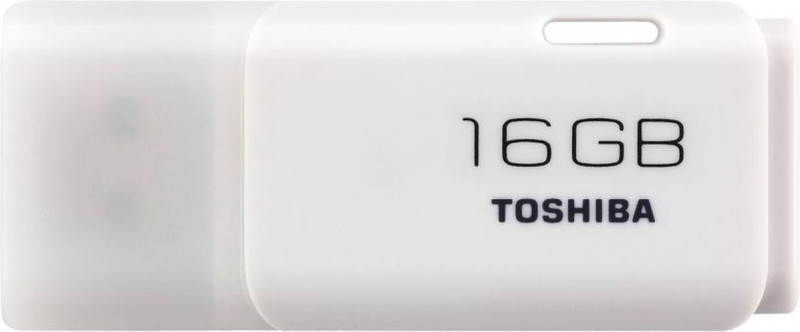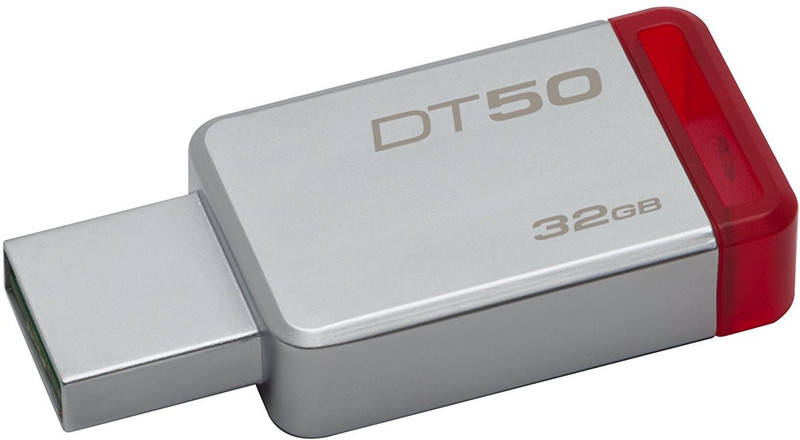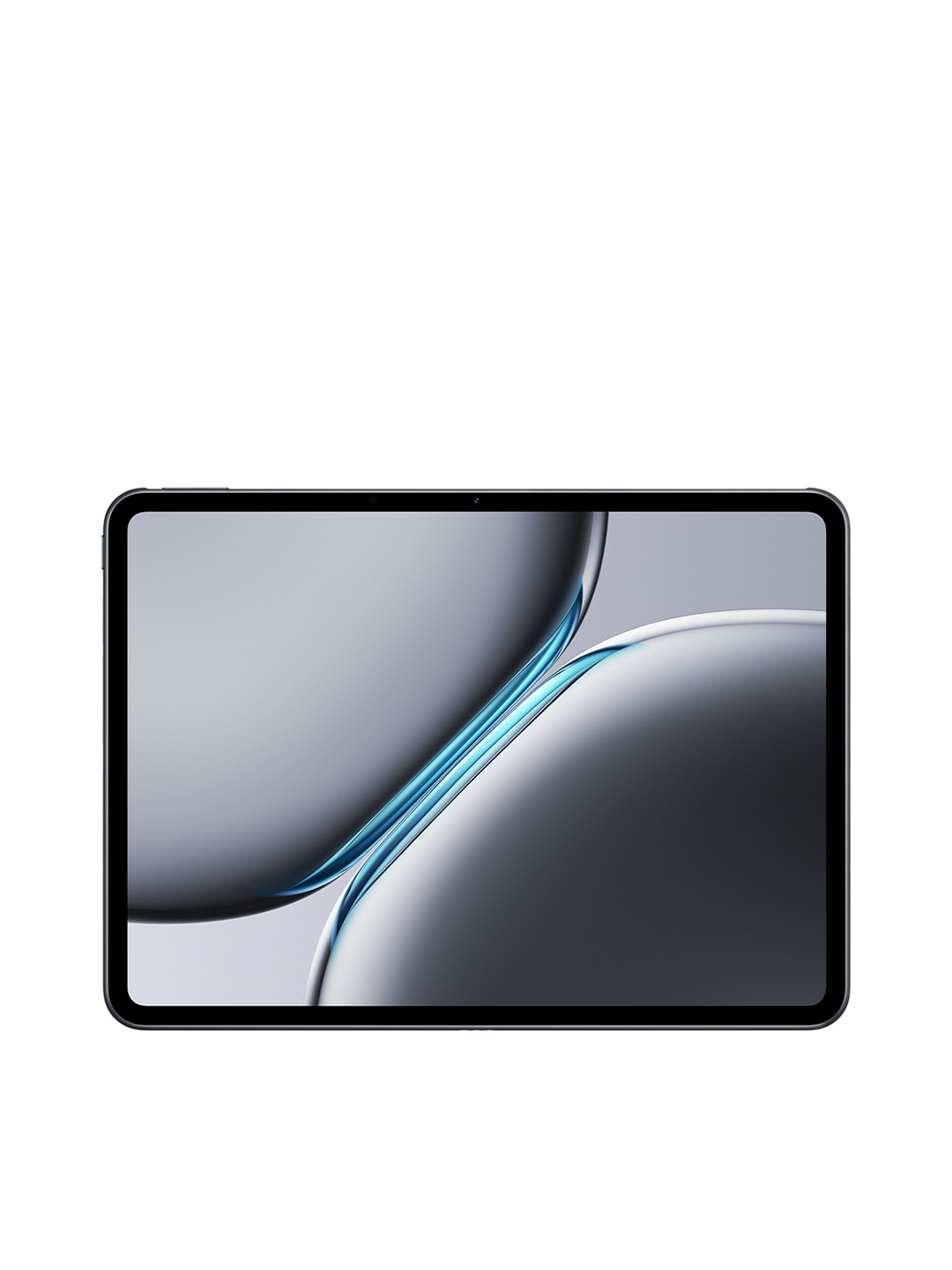Can Choosing The Wrong Mattress Cause Back Pain? A Comprehensive Guide To Picking The Right One

Let's face it - we all have our comfort zones when it comes to sleep. Some of us love to sink into a plush bed, while others prefer a firmer surface that supports every inch of our body. But what if your mattress is actually the cause of that persistent back pain you've been battling? It's an uncomfortable thought, isn't it?
The truth is, that the wrong mattress could be causing more harm than good when it comes to your spine. If your mattress isn't providing the support you need, you could be waking up with more aches and pains than when you went to bed. So, how do you choose the right mattress that will not only improve your sleep but also protect your back?
Let's explore the connection between mattress choices and back pain, providing you with practical advice on how to find the ideal mattress that works for your body type, sleep position, and personal preferences.
Can Choosing The Wrong Mattress Cause Back Pain? A Comprehensive Guide To Picking The Right One; Photo Credit: Pexels
1. How The Right Mattress Affects Your Spine
The spine is an intricate structure of bones, muscles, and nerves that rely on support while you sleep. When your mattress is too soft or too firm, it can cause your spine to misalign, leading to discomfort and long-term issues. Think of your mattress as a foundation – just like a house needs a solid foundation to stand tall, your body needs the right mattress to support your spine throughout the night.
A mattress that's too soft can allow your body to sink in, throwing your spine out of alignment. On the other hand, a mattress that's too firm might not allow for any natural curves, causing pressure points. The right mattress helps your spine maintain a neutral position, allowing you to wake up refreshed instead of stiff and sore.
2. Understanding Different Mattress Types And Their Support
When it comes to mattress options, there's no shortage of choices. From memory foam to innerspring to hybrid mattresses, each type offers different levels of support. Memory foam, for instance, contours to your body's shape, providing support where you need it most. But for some, this might feel like sleeping in quicksand – too soft for comfort. Innerspring mattresses, on the other hand, provide a firmer feel with more bounce, which might suit people who prefer a little more support.
Then there are hybrid mattresses, which combine the best of both worlds – a memory foam layer on top and innerspring coils underneath for support. The trick is finding the balance that works for you. If you tend to sleep on your side, you might need a softer mattress that cradles your body. If you're a back or stomach sleeper, a firmer mattress may help keep your spine aligned.
3. Choosing The Right Firmness For Your Sleep Position
Have you ever woken up with a sore back and wondered if your sleep position is the issue? Well, it might be your mattress, but also how it interacts with your sleep position. Back sleepers generally need a medium-firm mattress that supports the natural curve of their spine. Too soft, and your lower back will sag; too firm, and you'll feel as though you're sleeping on a board.
Side sleepers often do best with a softer mattress that allows their shoulders and hips to sink in slightly, reducing pressure points. If you're a stomach sleeper, a firmer mattress will help prevent your back from arching unnaturally and causing discomfort. So, whether you're curling up on your side or lying flat on your back, your mattress should adapt to your specific needs.
4. Body Weight Matters: Finding The Right Mattress For Your Build
One size doesn't fit all, especially when it comes to mattresses. Your body weight plays a crucial role in determining the type of support you need. If you're on the heavier side, a firmer mattress will provide more stability and prevent you from sinking too deeply. For lighter individuals, a softer mattress can give you the cushioning you need without compromising support.
Understanding how your weight interacts with the mattress is vital. A mattress that's too soft for a heavier body type may cause a lack of support, while one that's too firm might create pressure points. The key is to find the balance where your body feels supported and comfortable.
Can Choosing The Wrong Mattress Cause Back Pain? A Comprehensive Guide To Picking The Right One; Photo Credit: Pexels
5. The Role Of Sleep Duration And Mattress Age In Back Pain
It's not just the mattress you choose that impacts your back. The age of your mattress can also contribute to discomfort. Over time, mattresses lose their ability to provide support. If your mattress is more than 7-10 years old, it might be time for an upgrade.
A sagging mattress can cause misalignment, leading to aches and pains. Even if your mattress still seems comfortable, it may no longer offer the same level of support it once did. Consider replacing it before it begins affecting your sleep quality and overall health. After all, a good night's sleep is vital, and your mattress plays a huge part in achieving that.
6. The Impact Of Mattress Quality On Sleep Quality
We've all heard the phrase 'you get what you pay for,' and that's true when it comes to mattresses. Higher-quality mattresses tend to provide better support, comfort, and durability. While it might be tempting to grab a cheap mattress, skimping on quality could mean compromising your sleep and potentially aggravating back pain.
Investing in a quality mattress is an investment in your health. A good mattress not only provides comfort but also reduces the likelihood of waking up with back pain. Think of it as an investment in your overall well-being – after all, you spend a third of your life in bed!
7. Signs Your Mattress Might Be Causing Your Back Pain
How do you know if your mattress is the culprit behind your back pain? If you wake up feeling stiff, sore, or achy – especially in your lower back – your mattress might not be providing the right support. You might also notice that your mattress has visible sagging, lumps or feels uneven when you lie down. These are all signs that it might be time for a change.
Additionally, if your mattress doesn't allow you to sleep in a comfortable position, it can contribute to poor sleep posture. If you're tossing and turning all night trying to find a comfortable spot, it's a clear sign that your mattress isn't up to the task.
8. How To Test A Mattress Before You Buy
Testing out a mattress is a crucial step in the buying process. You wouldn't buy shoes without trying them on, so why would you choose a mattress without giving it a test run? Lie down on the mattress for at least 10-15 minutes in your usual sleeping position. Pay attention to how it feels – does it support your body without causing pressure points?
Many mattress stores offer a trial period, so you can take it home and see how it works for you. Make sure to check the store's return policy before purchasing, in case the mattress doesn't feel right after a few nights. A good mattress should feel like a dream, offering the perfect balance of softness and support.
Can Choosing The Wrong Mattress Cause Back Pain? A Comprehensive Guide To Picking The Right One; Photo Credit: Pexels
Products Related To This Article
1. Sleepwell Dual Mattress | Reversible | High Density
2. Wakefit ShapeSense Orthopedic Classic Memory Foam Mattress 8-Inch King
3. SleepyCat Latex Mattress
4. DECOR STUDIOS-Single Size Orthopedic Mattress Comfort and Support
5. Sleepyhead Flip - Premium Dual Sided High Density Foam Queen Bed Mattress with Firm & Medium Soft Sides
6. Livpure Smart DUOS FLIP Reversible Ortho HR - Medium Soft & Firm Mattress
7. Springtek Eurotop Luxe Memory Foam Mattress
8. Nilkamal SLEEP Lite Dual Comfort Mattress
9. Kurl-On Dual Mattress | Dual Comfort
10. Wakefit Mattress
In the quest for a good night's sleep, choosing the right mattress is crucial. It's not just about comfort; it's about supporting your spine and ensuring that you wake up feeling refreshed, not stiff or in pain. The key is to find a mattress that suits your body, your sleep style, and your personal preferences.
Remember, a mattress isn't a one-size-fits-all product – it's an investment in your health and well-being. Whether you prefer the plush embrace of memory foam or the firm support of innerspring, finding the right mattress can make a world of difference to your back and your sleep quality. So, the next time you're in the market for a mattress, keep these tips in mind and make an informed decision for your best night's sleep. Your back will thank you.
Source: Best Mattress of 2025 [Read Here]
The Right Mattress- A Comprehensive Guide [Read Here]
How To Pick The Right Mattress [Read Here]
Disclaimer: This content including advice provides generic information only. It is in no way a substitute for a qualified medical, nutritional or wellness opinion. Always consult a specialist or your own doctor for more information. NDTV does not claim responsibility for this information.





























